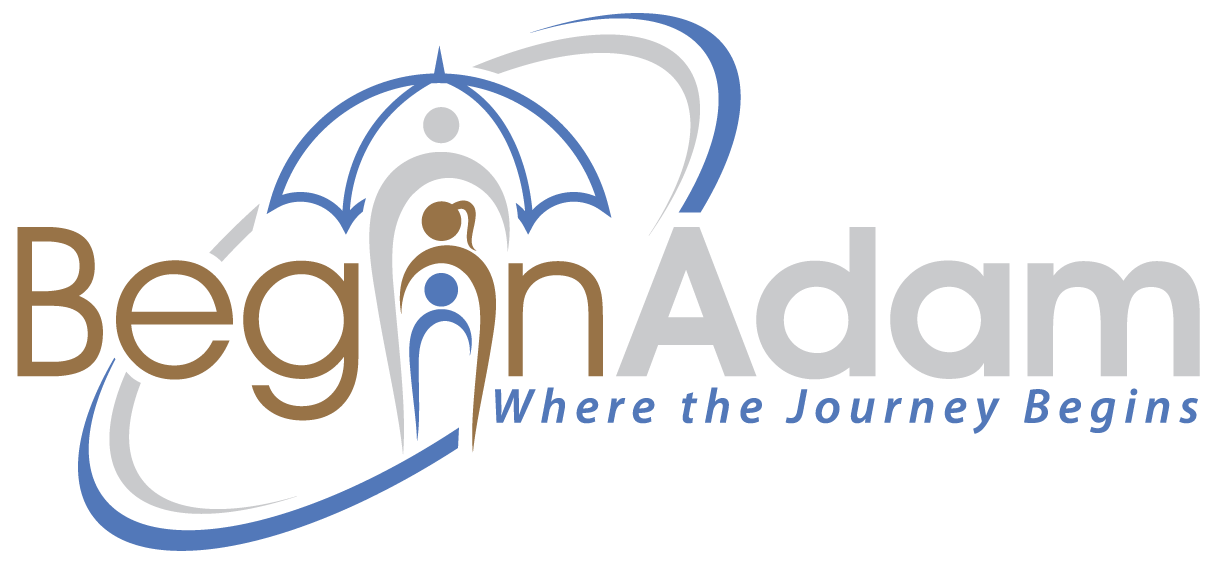Introduction:
Financial planning is a crucial aspect of our lives, regardless of our religious beliefs. However, for Christians, the principles of stewardship and wise money management hold particular significance. As followers of Christ, Christians are called to be faithful stewards of the resources entrusted to them. In this context, Christian financial planning seeks to align financial decisions with biblical principles and values. One essential tool that plays a vital role in this process is Universal Whole Life Insurance, which offers unique benefits that align with Christian principles. In this article, we will explore the significance of Universal Whole Life Insurance in Christian financial planning and its role in building a strong financial foundation.
Understanding Christian Financial Planning:
Christian financial planning involves a holistic approach to managing money, encompassing aspects such as budgeting, debt management, savings, investments, and insurance. The foundation of Christian financial planning lies in aligning financial decisions with biblical principles, including stewardship, contentment, generosity, and wise money management. By integrating these principles into financial planning, Christians aim to honor God with their finances and make a positive impact on their families, communities, and the world.
The Role of Universal Whole Life Insurance in Christian Financial Planning:
Insurance is a crucial component of a comprehensive financial plan. It provides protection against unforeseen circumstances and helps mitigate financial risks. When it comes to Christian financial planning, insurance takes on added significance. Christians are encouraged to be prepared for life’s uncertainties and to provide for their families. By having appropriate insurance coverage, Christians can fulfill their responsibilities while also honoring God’s call to be wise stewards.
Universal Whole Life Insurance and Its Benefits:
Universal Whole Life Insurance is a type of permanent life insurance that offers lifelong coverage combined with a cash value component. It provides a death benefit to beneficiaries upon the insured person’s passing and accumulates cash value over time. Universal Whole Life Insurance aligns with Christian financial principles in several ways.
1. Protection and Legacy:
Universal Whole Life Insurance ensures financial protection for loved ones in the event of the insured’s death. This protection aligns with the Christian value of providing for one’s family and leaving a lasting legacy.
2. Tax Advantages:
Universal Whole Life Insurance offers tax advantages, allowing policy holders to grow their cash value tax-deferred. This benefit can be especially appealing to Christians seeking to maximize their resources for charitable giving or passing on an inheritance to future generations.
3. Lifetime Coverage:
Unlike term life insurance, which covers a specific period, Universal Whole Life Insurance provides coverage for the entire lifetime of the insured. This aspect aligns with the Christian principle of being faithful stewards throughout one’s entire life.
4. Supplemental Retirement Income:
The cash value component of Universal Whole Life Insurance can serve as a supplemental source of retirement income. Christians who prioritize financial independence and being a blessing to others can leverage this feature to ensure a stable and generous retirement.
Christian Ethics and Universal Whole Life Insurance:
The ethical framework of Christianity also finds resonance with Universal Whole Life Insurance. The principles of honesty, transparency, and fairness in financial dealings align with the values upheld by many insurance companies. Christians can seek out insurance providers that prioritize ethical practices and share their commitment to serving others.
Biblical Principles of Stewardship and Contentment:
Stewardship is a foundational principle in Christian financial planning. Christians believe that all resources ultimately belong to God, and they are called to manage them responsibly. Universal Whole Life Insurance can be viewed as a tool for stewardship, as it enables individuals to protect and preserve the financial resources entrusted to them.
Contentment is another important principle in Christian financial planning. True wealth, according to Christian teachings, comes from a heart satisfied in God rather than material possessions. Universal Whole Life Insurance can support contentment by providing a sense of security and peace of mind. Knowing that their loved ones will be taken care of in case of an untimely event allows Christians to focus on being content with what they have and finding fulfillment in their relationship with God.
Wise Money Management and Generosity:
Wise money management is emphasized in Christian financial planning. This includes budgeting, avoiding debt, and making sound financial decisions. Universal Whole Life Insurance can be integrated into a comprehensive financial plan, allowing Christians to allocate a portion of their income toward premiums while still maintaining a disciplined approach to money management. It encourages long-term thinking and disciplined savings habits.
Generosity is a core value in Christianity, and Christians are encouraged to give generously to support others in need. Universal Whole Life Insurance can provide Christians with the opportunity to leave a legacy of generosity. By structuring their policy appropriately, they can designate a portion of the death benefit to charitable causes or set up a charitable giving plan using the accumulated cash value. This aligns with the biblical principle of cheerful giving and enables Christians to impact their communities and advance God’s kingdom through their financial resources.
Finding Christian Insurance Providers:
When considering Universal Whole Life Insurance or any other insurance product, Christians may also seek out insurance providers that share their values. There are companies that specialize in Christian insurance and prioritize ethical practices. These providers may have a strong commitment to serving others, supporting Christian ministries, and promoting biblical values in their operations. Researching and selecting an insurance provider aligned with one’s Christian beliefs can add an additional layer of assurance and integrity to the financial planning process.
Conclusion:
By incorporating Universal Whole Life Insurance into Christian financial planning, individuals can build a strong financial foundation that aligns with biblical principles. This type of insurance offers protection, tax advantages, lifetime coverage, and the potential for supplemental retirement income. It enables Christians to be faithful stewards, practice contentment, manage their resources wisely, and exhibit generosity in their financial decisions. As with any financial endeavor, seeking guidance from professionals who understand both the technical and Christian aspects of financial planning is essential. By integrating Universal Whole Life Insurance into their financial strategy, Christians can pursue financial security, leave a legacy of generosity, and honor God with their finances.



